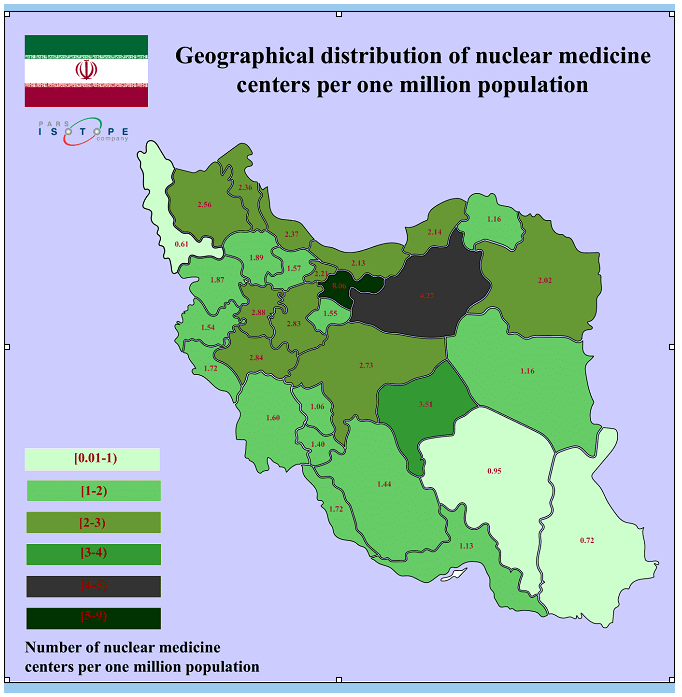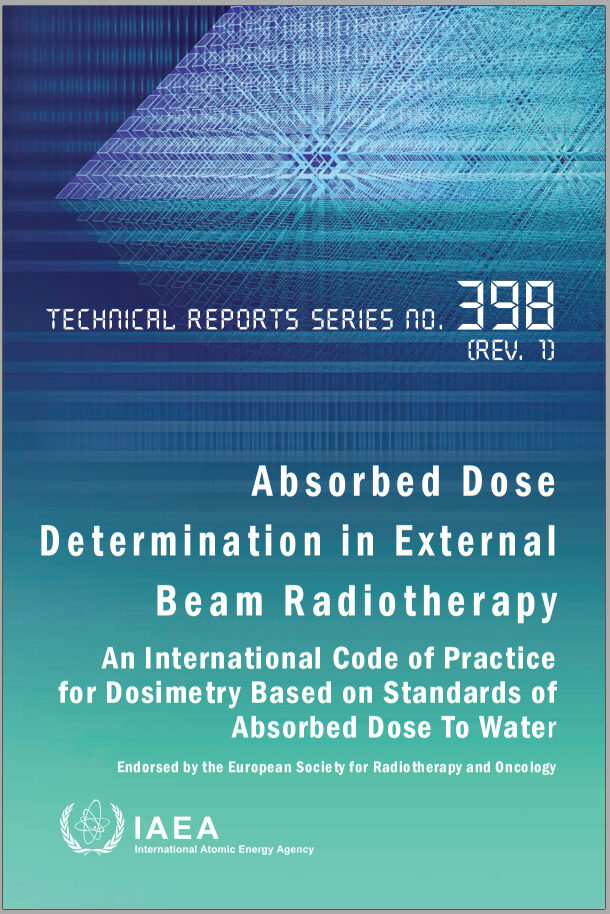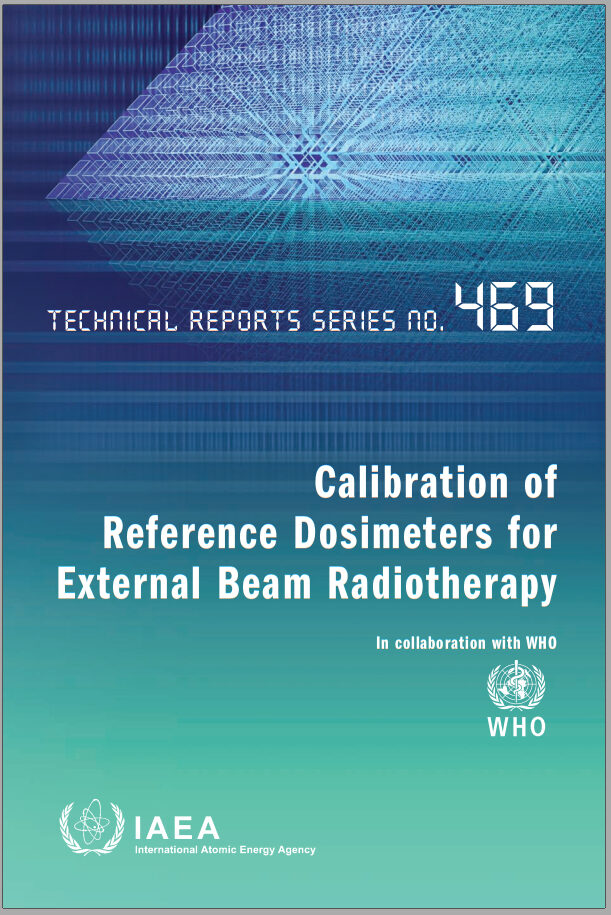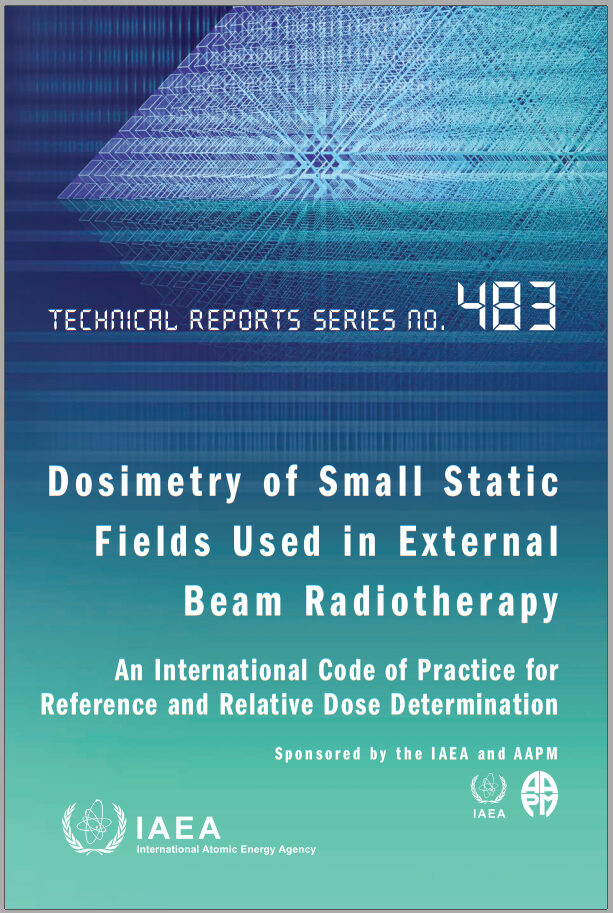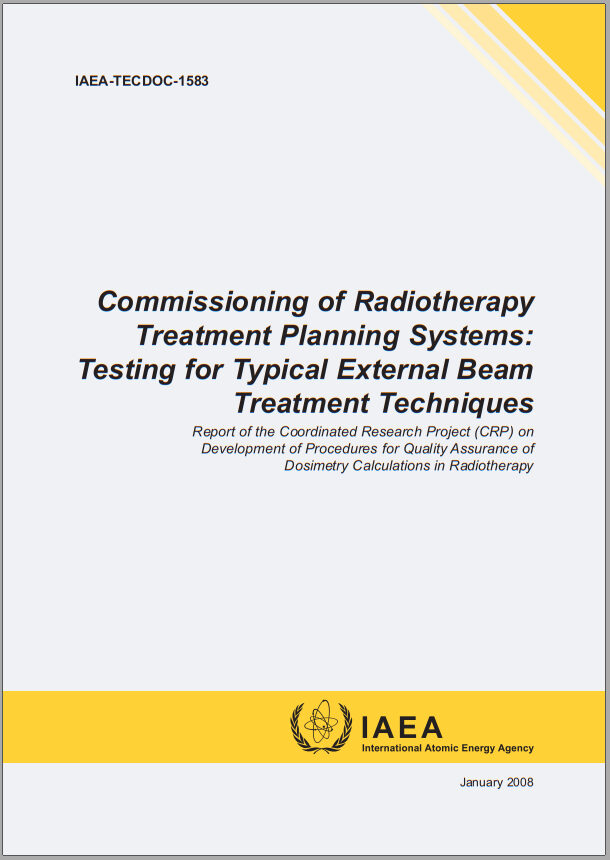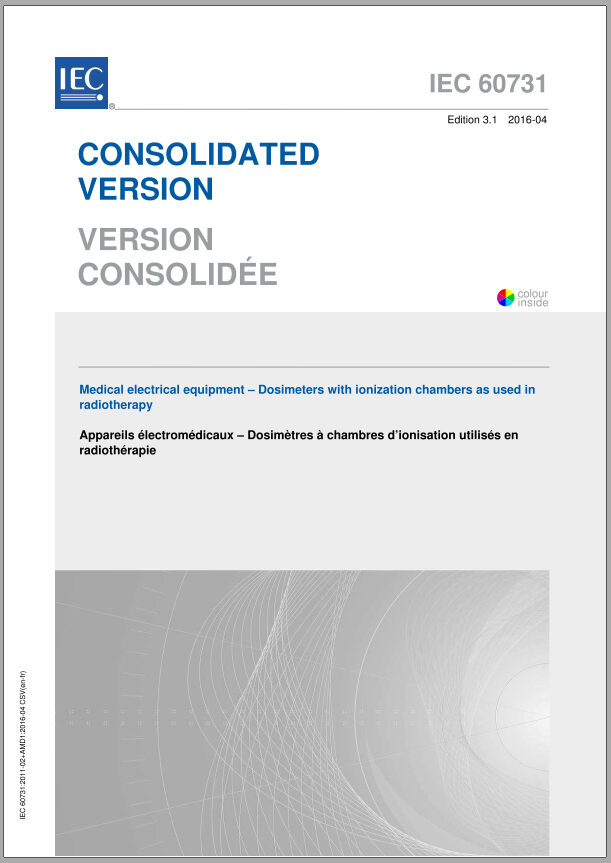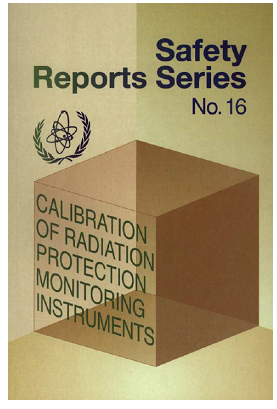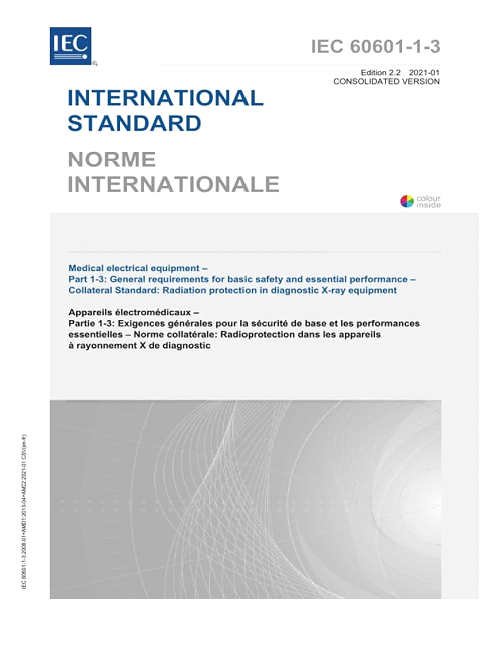Follow Us:



under the direct supervision of IAEA. This department is responsible for the following duties
Introduction to the Secondary Standard Dosimetry Laboratory (SSDL)
Ionizing radiation plays a vital role in medical, agricultural, industrial, and educational fields. Today, various sources such as radioactive sources, X-ray generators, and particle accelerators are widely used. To measure the output of these devices, radiation dosimeters are employed, whose accuracy and reliability are of utmost importance.
The Importance of Dosimeter Calibration and Standardization
The accuracy of a dosimeter’s performance depends on its design and manufacturing quality, but the validity of its results requires verification by a standard reference. For this purpose, laboratories known as Standard Dosimetry Laboratories operate at two distinct levels:
Primary Standard Dosimetry Laboratories (PSDLs)
Secondary Standard Dosimetry Laboratories (SSDLs)
The role of the Pars Isotope SSDL Laboratory
This laboratory was established in 1991 at the “Karaj Agricultural and Nuclear Medicine Research Center,” which is now known as the “Alborz Health and Agricultural Research Center.” The International Atomic Energy Agency (IAEA) as a national calibration and dosimetry laboratory approves it. Pars Isotope SSDL is a member of the international SSDL network, which was formed in 1976 in collaboration with the World Health Organization (WHO) and the International Atomic Energy Agency.
Global Stature and Mission
SSDLs are the communication bridge between primary standard laboratories and users of ionizing radiation. With the increasing use of radiation in various industries, the primary centers were unable to meet the extensive demands. Therefore, the responsibility for providing dosimetry services and equipment calibration was delegated to secondary centers. In this framework, the primary centers focus more on research and improving measurement methods.
Distinctive Features of Pars Isotope SSDL
Established based on international standards
Approved by the IAEA as a national reference
High quality in calibration and measurement services
Continuous collaboration with the global network and international metrology centers such as BIPM
General Introduction to the SSDL Secondary Dosimetry Laboratory
The Pars Isotope Secondary Standard Dosimetry Laboratory (SSDL) comprises several specialized laboratories, each with a specific role in the field of radiation measurement and calibration. These sections are:
Nuclear Medicine Laboratory
Therapy Level Laboratory
Protection Level Laboratory
Diagnostic Level Laboratory
Nuclear Medicine Laboratory
Scientific advancements in the field of nuclear medicine have provided unparalleled capabilities for the diagnosis and treatment of diseases. One of the key components of these advancements are radiopharmaceuticals, which serve as effective tools for disease identification and patient treatment management. However, this effectiveness is maximized only when the accuracy of injected activity measurements is controlled. In this context, dose calibrators play a vital role as the primary instruments for activity assay. These devices enable users to precisely measure the activity of radiopharmaceuticals. Consequently, a comprehensive quality assurance program for accurate radioactivity measurement is essential. The Pars Isotope Secondary Standard Dosimetry Laboratory (SSDL), as the official national reference, is responsible for ensuring the accuracy and safety of radioactivity assay equipment in nuclear medicine centers across the country.
Nuclear Medicine in Iran
Number of active centers: 245 centers
227 centers equipped with SPECT/SPECT-CT devices
18 centers possessing PET/CT equipment
Service Provider Company: Pars Isotope Company (Sole responsible for the production, distribution, and development of radiopharmaceuticals, as well as the calibration) of dose calibrators and Auto Injectors in the country
Population access to nuclear medicine services: Approximately 3.05 centers per one million population
This indicator reflects the level of access and geographical distribution of these centers across the country.
Specialized Laboratory Services in the Field of Nuclear Medicine
The Pars Isotope SSDL Laboratory, adhering to international standards, provides the following services to nuclear medicine centers:
Calibration of dose calibrators for measuring the activity of injectable radiopharmaceuticals such as 131I, 99mTc, 18F, 68Ga, 177Lu, and others
Calibration of autoinjectors to verify the accuracy of volume, timing, and automated injection rate of radiopharmaceuticals in patients
Conducting periodic and acceptance quality control tests in accordance with Iranian National Standard No. 10574
Issuing valid calibration certificates traceable to international reference laboratories
Specialized consultation in the selection, installation, and validation of activity measurement equipment.
Role in Enhancing Health and Radiation Safety
With over 270 active nuclear medicine centers across the country, the SSDL services of Pars Isotope form a crucial part of the healthcare cycle:
Enhancing the reliability of functional imaging results
Reducing radiopharmaceutical injection errors and improving patient safety
Ensuring compliance with permitted radiation doses for staff and patients
Elevating the scientific credibility of medical centers at national and international levels
Reference Standards and Legal Requirements
All activities are conducted based on the following authoritative international and national documents:
IAEA Technical Reports Series No. 454 (TRS-454)
Iranian National Standard No. 10574: “Code of Practice for Establishment, Maintenance and Quality Control of Radionuclide Calibrators”
Therapy Level Laboratory
This laboratory focuses on concepts, equipment, and measurements aimed at maintaining dose traceability in radiotherapy and conducting quality control for medical linear accelerators.
Therapy Level Laboratory Equipment
Cobalt-60 teletherapy unit
Reference-class therapy level ionization chambers
Reference-class electrometers
Water dosimetry phantom
Quality control equipment and software for radiotherapy devices
Services offered in the Therapy Level Laboratory:
Calibration of radiotherapy dosimeters
Calibration of various cylindrical and parallel-plate therapy level ionization chambers in water and air environments (upon customer request) in accordance with international standards.
Dosimetry and Quality Control of Radiotherapy Devices
Dosimetry and quality control of various radiotherapy linear accelerators are performed according to international standards. Dosimetry and quality control of modern radiotherapy devices such as Halcyon, TomoTherapy, IORT, CyberKnife, and Gamma Knife are among the laboratory’s new services.
Quality Control of Multi Leaf Collimator (MLC)
Quality control of MLC for various therapeutic accelerators from different domestic and international companies is among the laboratory’s services. Analysis of test results is performed using software developed within the laboratory.
Quality Control of Electronic Portal Imaging Device (EPID)
Quality control of EPID for various linear accelerators is performed using quality control phantoms.
Dosimetry, Quality Control of Brachytherapy Devices, and Calibration of Well-Type Brachytherapy Ionization Chambers
Measurement of the air kerma strength of brachytherapy device sources is performed in accordance with international standards.
– Issuance of Thermometer and Barometer Calibration Certificates
The performance of various thermometers and barometers used for dosimetry in radiotherapy devices is evaluated in the laboratory using reference-class thermometers and barometers, in compliance with international standards.
– Photon and Neutron Leakage Dosimetry of Radiotherapy Bunkers
– Treatment Planning System Dosimetry Audit in accordance with International Atomic Energy Agency standards
Therapy Level Laboratory Development Plan
Procurement and acquisition of a new cobalt teletherapy unit and associated dosimetry equipment
Implementation of ISO 17025 standard
Treatment planning system audit with IMRT capability
International Collaborations
Execution of a joint project with the International Atomic Energy Agency for auditing brachytherapy treatment planning systems
Protection Level Laboratory
This laboratory is dedicated to all concepts, instruments, and measurements based on protection against ionizing radiation exposure.
Among the important activities and objectives of the Protection Level Laboratory is dose traceability. For this purpose, secondary standard ionization chambers calibrated at Primary Standard Dosimetry Laboratories (PSDLs) or the International Atomic Energy Agency (IAEA) are used. This laboratory houses irradiation devices containing Cs-137 and Co-60 sources, as well as phantoms equivalent to various parts of the human body.
Current laboratory services include the calibration of various protection-level dosimeters, such as environmental dosimeters, personal dosimeters, area monitors, contamination meters, alarm devices, etc., as well as the irradiation of various samples in gamma and X-ray radiation fields. Additionally, certain repairs of dosimeters are also performed in this laboratory.
Among the important objectives of this laboratory are, first, the implementation of ISO 17025 across various service scopes. The next goal of the Protection Level Laboratory is the modernization of the beta irradiation system in collaboration with the Russian PSDL. Additionally, establishing the most advanced neutron calibration laboratory based on ISO 8529 is also part of this laboratory’s plans.
The figure below shows a view of the Protection Level Laboratory, displaying the irradiation device equipped with a Cs-137 source.
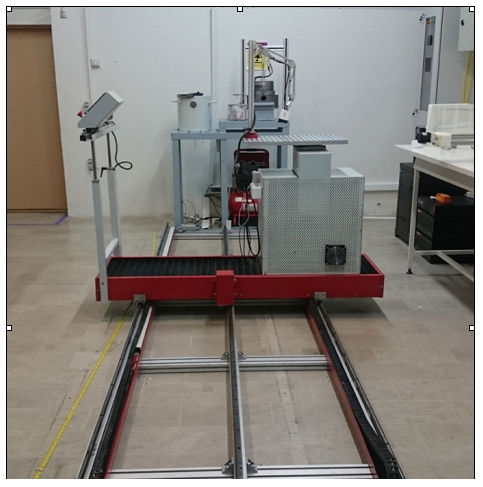
List of Services:
Calibration of personal radiation monitoring devices
Calibration of environmental radiation monitoring devices
Calibration of pen-type dosimeters
Calibration of radiation alarm dosimeters
Calibration of contamination monitors
Calibration of radiation survey meters
Calibration of environmental ionization chambers
Standard sample irradiation in photon fields
Determination of Half-Value Layer (HVL)
Spectrometry
The calibration process is performed according to the following documents:
ISO 4037 (Parts 1-4)
Safety Report Series No. 16 (SRS 16)
ISO 29661
Diagnostic Level Laboratory
The Diagnostic Level Radiation Laboratory deals with medical diagnostic X-rays and related equipment. Currently, this laboratory is equipped with an industrial X-ray generator. The X-ray irradiation device has a maximum energy of 320 kV and a current intensity of 26 mA, featuring a bipolar model powered by both negative and positive voltage generators. The laboratory’s X-ray irradiation system is housed in a shielded bunker with dimensions and protection requirements that comply with international standards for radiation protection. The installation and commissioning phases of this device are currently underway to serve medical diagnostic centers and research centers working with diagnostic X-rays.
Services offered in the Diagnostic Level Radiation Laboratory
Irradiation and calibration of various types of dosimeters used in medical diagnostic levels, including radiology, tomographic imaging systems (CT scan, PET-CT, etc.), fluoroscopy (angiography, lithotripsy, C-arm, etc.), and maxillofacial imaging (single-tooth, CBCT, cephalometry, panoramic X-ray, etc.).
Dosimetry and quality control of various types of diagnostic radiology devices.
Calibration and quality control of dosimetry equipment provided by companies offering services to diagnostic radiology centers.
Irradiation of research samples related to the X-ray laboratory.
Standards Used in the Diagnostic Radiology Laboratory
⦁ Dosimetry in Diagnostic Radiology: An International Code of Practice (TRS 457)
⦁INTERNATIONAL STANDARD NORME INTERNATIONALE (IEC 60601-1-3)

